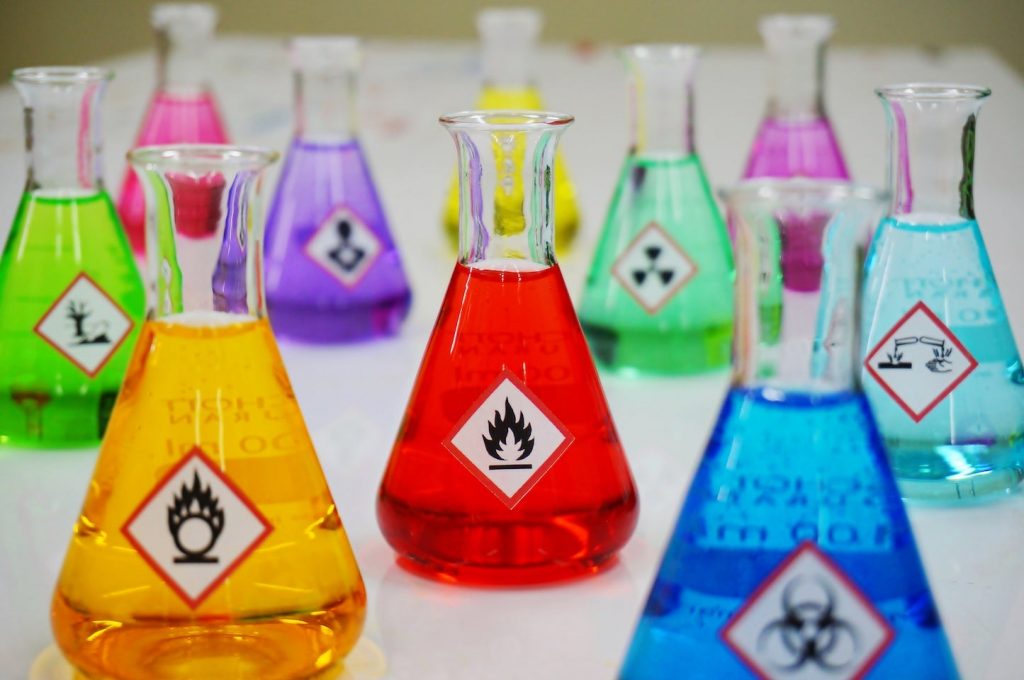
Toxins are everywhere - in the air we breathe, the food we eat, and the products we use. But are they really as harmful as we think they are? In this blog post, we will explore the truth behind toxins and their effects on human health.
What are Toxins?
Toxins are substances that can cause harm to living organisms. They can be found in various forms, such as chemicals, pollutants, and microorganisms. Some common examples of toxins include lead, mercury, pesticides, and bacteria.
Are Toxins Harmful to Humans?
The answer is not a simple yes or no. It depends on the type and amount of toxin, as well as the individual's age, health status, and exposure level. For instance, exposure to high levels of lead can cause developmental delays and cognitive impairment in children, while exposure to pesticides can increase the risk of cancer and neurological disorders.
However, not all toxins are harmful in all situations. For example, some bacteria are actually beneficial to our gut health and immune system. Additionally, our bodies have natural detoxification mechanisms that can eliminate toxins from our system.
Misconceptions about Toxins:
There are many myths and misconceptions about toxins that can lead to unnecessary fear and anxiety. One common misconception is that natural products are always safer than synthetic ones. While it's true that some natural products can be beneficial, not all of them are safe or effective. For example, some plants contain toxic compounds that can cause harm if ingested or applied topically.
Another misconception is that detox diets and supplements can help eliminate toxins from our body. However, there is little scientific evidence to support these claims. Our liver, kidneys, and other organs are already equipped to remove toxins from our system, and there is no need for additional detoxification methods.
Conclusion:
Toxins can be harmful to human health, but the extent of their harm depends on various factors. It's important to be aware of the potential risks and take steps to minimize exposure, such as using protective gear and avoiding contaminated areas. However, it's also important to avoid unnecessary fear and misinformation about toxins. By understanding the facts and separating them from the myths, we can make informed decisions about our health and well-being.





